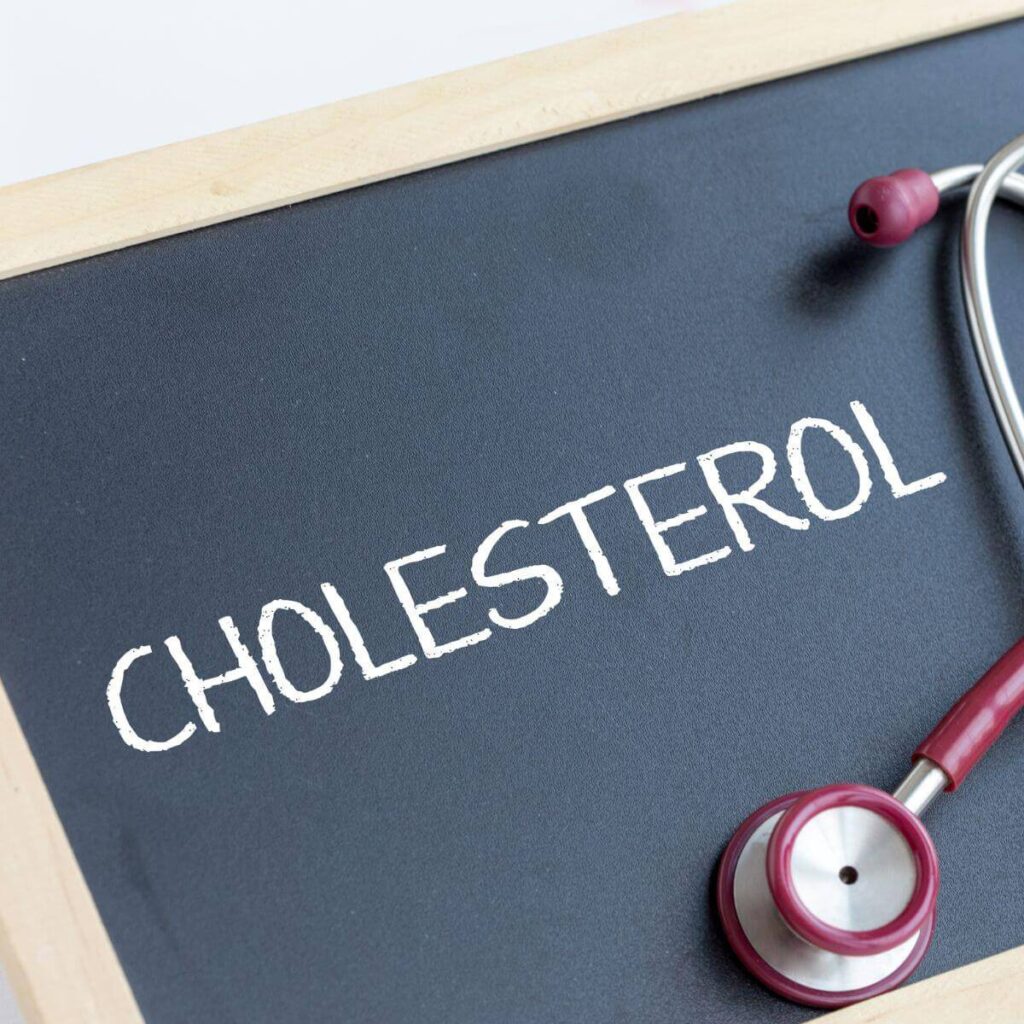
Maintaining healthy cholesterol levels is a cornerstone of cardiovascular well-being, and while diet plays a crucial role, regular exercise is an incredibly powerful tool in your heart health arsenal. Franklin County’s YMCA is here to support you in harnessing the benefits of physical activity to improve your cholesterol profile and reduce your risk of heart disease.
How Exercise Positively Impacts Your Cholesterol:
Exercise offers a multi-faceted approach to improving your cholesterol levels:
- Boosting “Good” Cholesterol (HDL):Regular physical activity, particularly aerobic exercise, is highly effective at increasing your High-Density Lipoprotein (HDL) cholesterol. HDL is often called “good” cholesterol because it helps remove excess cholesterol from your arteries, preventing plaque buildup. Not only does exercise increase the amount of HDL, but studies also suggest it can improve its functionality and quality, making it even more effective at protecting your heart.
- Lowering “Bad” Cholesterol (LDL) and Triglycerides: While exercise has a more direct and significant impact on raising HDL, it can also contribute to lowering Low-Density Lipoprotein (LDL) cholesterol, often referred to as “bad” cholesterol. Additionally, consistent physical activity is excellent for reducing triglyceride levels, another type of fat in the blood that can increase heart disease risk when elevated.
- Weight Management: Exercise helps you achieve and maintain a healthy weight. Losing excess weight, especially around your middle, can significantly improve your cholesterol numbers, further reducing your risk of heart problems.
- Improved Overall Cardiovascular Health: Beyond its direct effects on cholesterol, exercise strengthens your heart, improves blood pressure, and enhances overall cardiovascular function, all of which contribute to a healthier lipid profile.
Recommended Exercise for Cholesterol Management:
The American Heart Association recommends that adults get at least:
- 150 minutes of moderate-intensity aerobic activity per week(e.g., brisk walking, swimming, cycling, dancing) OR
- 75 minutes of vigorous-intensity aerobic activity per week(e.g., jogging, running, high-intensity interval training)
It’s also beneficial to include:
- At least two sessions per week of moderate- to high-intensity weight or resistance training. This helps build muscle and improve metabolism, which can indirectly support healthy cholesterol levels.
Getting Started at the Franklin County YMCA:
Whether you’re new to exercise or looking to enhance your current routine, the Franklin County YMCA offers a wide range of programs and facilities to help you achieve your cholesterol management goals. From our fitness center with cardio and strength equipment to group exercise classes like Zumba, yoga, and cycling, there’s something for everyone. Our friendly and knowledgeable staff can help you find activities that suit your fitness level and interests.
Make the Move for Your Heart Health: Blood Pressure Self Monitoring
In addition to fostering active lifestyles, Franklin County’s YMCA is committed to your overall cardiovascular well-being, which is why we also offer a comprehensive Blood Pressure Self- Monitoring Program. This program provides you with the knowledge and tools to accurately monitor your blood pressure at home, track your readings, and work with a healthy heart ambassador to identify trends and better manage your heart health alongside your exercise routine. It’s another way we empower our community members to take control of their health journey.
Tommy Nielsen, Digital Marketing Coordinator, Franklin County’s YMCA
![[Franklin County's YMCA LOGO SQ]](https://recliquecore.s3.amazonaws.com/imgs/ymca_logos/named_y/blue_purple.png)
![[Franklin County's YMCA LOGO FULL]](https://s3.amazonaws.com/recliquecore/imgs/ymca_logos/named/blue_purple.png)
